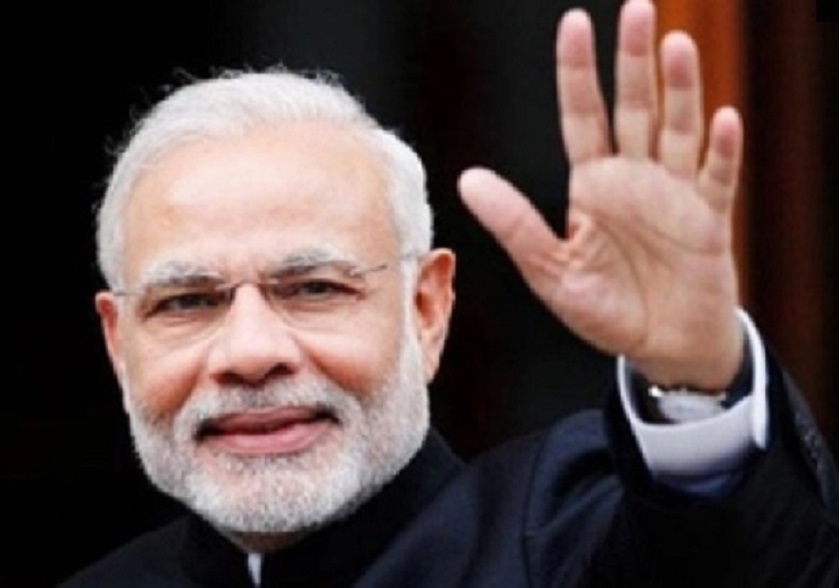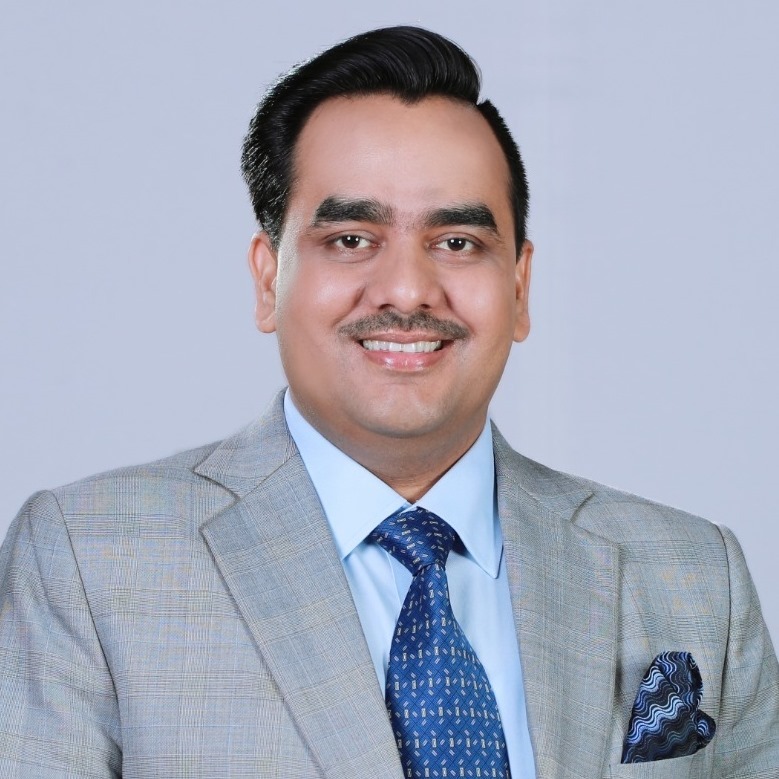
Indian PM Modi emerges as the new leader of the world
A strong leadership is recognized on the face of challenges and at this hour the challenges are piling up as a mountain of calamities before us. Although everyone struggles with adversity, but there are different ways of struggles. These methods are of three types. The first is hard work, the second is trying to adapt to the circumstances and the third is smart work.
Among these, hard work and acting in accordance with the circumstances cannot be considered as anyone’s ability, but only a capable leader has the ability to face the challenges intelligently. Therefore, if the world is looking forward to the Prime Minister of India, Narendra Modi, it means that his personality has the ability to overcome situations. This is the reason why new hope has arisen in the world with Modi’s arrival on a decisive post of the G-20.
It is about September 2014. Prime Minister Narendra Modi was in America. An announcement by PM Modi in a program there shocked the world. He had said that the 21st century would belong to India. Then he had counted three things – democracy, demand and denizens, or in other words the structure of the population. The world has started giving importance to that shocking announcement of 8 years ago. India presiding over the G-20 group is on the path of fastest growth in the world while America, European Union and China are going through a serious crisis. At the same time, Russia is embroiled in a war with its neighbor Ukraine.
The world recovering from the Covid pandemic is facing a food and energy crisis amidst war, inflation and unemployment. In such a situation, everyone’s eyes are on India, which did not leave the path of ‘Vasudhaiva Kutumbakam’ even during the pandemic. India’s democracy is alive even in adverse circumstances. Public welfare schemes are so strong that around 80 crore population was getting five kg food grains free of cost every month from the government. Economic activities and investment in India are better than any other country in the world.
Prime Minister Narendra Modi has assured the world as soon as he assumes the responsibility of the G-20 chairman, this platform will prove to be a catalyst in global change. But India’s challenge is not an easy one. To understand this, consider two incidents that happened during the G-20 meeting in Bali city of Indonesia. The current tension in geopolitics can be clearly felt in these incidents.
One incident is the open spat between Canadian Prime Minister Justin Trudeau and Chinese President Xi Jinping. Verbal faceoff between the two heads of state and its video has come to the fore. The second incident is the cancellation of the British Prime Minister’s scheduled bilateral talks with the Chinese President. This incident has also happened out of the box which explains the uneasy relationship between China and England.
It is also necessary to mention two other meetings during the G-20 summit to understand India’s global leadership role. PM Narendra Modi and Chinese President Xi Jinping, who have met 18 times between 2014 and 2019, met in Bali, Indonesia for the first time after the Galwan Valley conflict. They also had dinner together and formal conversation too. Compared to the behavior of Xi Jinping with the Prime Ministers of Canada or England, his behavior with the Prime Minister of India, Narendra Modi, was completely different. This is a testimony to the growing importance and acceptance of India in Asia and the world.
The more than three-hour conversation between US President Joe Biden and Chinese President Xi Jinping is also an important event for the world including India. It is necessary for these two countries to come closer to avoid the aggressive behavior of North Korea and the danger of another war. The role of Indian Prime Minister Narendra Modi is the reason behind this meeting and the changed situation.
India has always openly opposed war and advocated peace on the world forum. At the SCO summit in Samarkand in the month of September, Prime Minister Narendra Modi had said that “Today’s era must not be an era of war”. Two months later, at the Bali summit in November, PM Modi reiterated the same sentiment – “This is not the time for war.” The withdrawal of the Russian army from Kherson just before the Bali conference was a message of peace, which was taken seriously.
The constructive, cooperative and consensus-building approach that India has consistently shown in the midst of current global tensions is the result of India’s anti-war voice and appeal for peace being heard today. Even the alleged Russian missile attack in Poland did not provoke NATO countries and the truth also got unfold that Russia was not behind the incident.
Both Russia and Ukraine, embroiled in the war, have been believing that only India can mediate properly. It is obvious that now India’s importance as the President of G-20 country has increased more than ever. This can also be understood from the fact that for the first time Russia has invited India for talks on the Afghanistan issue. India participated in the meeting of ‘Moscow Format Consultations on Afghanistan’ on the same day India got the chairmanship of the G-20.
Along with the policy of ‘Neighbour First’ and ‘Act East’, the policy that helped the whole world in the era of Corona epidemic has established India under the leadership of Modi on the world stage. It is also important to note the important role of External Affairs Minister S Jaishankar in strengthening India’s global image. The world cannot forget the answer given by S Jaishankar on the questions raised on buying oil from Russia after the Russia-Ukraine war. S Jaishankar had said that the European Union buys as much fuel from Russia in half a day as India buys in a month. That’s why the question is not from India but from the European Union.
Prime Minister Narendra Modi has promised that he will organize G-20 meetings in different countries and cities. At a time when the world is facing economic crisis, inflation and unemployment, India is ready to show the way. This is the opportunity when India can attract investors.
The manner in which India’s neighbor Bangladesh pointed fingers at the Chinese initiative ‘One Belt One Road’ and advised to avoid the cycle of Chinese loans, it shows that the global circumstances have changed now. However, China has also objected to this. Nevertheless, the message is clear that by becoming the chairman of the G-20 group, India has challenged China’s business supremacy.
India has come up as the hope of the world also because India’s attitude has been restrained despite the provocations of China and Pakistan. Today’s India is following the policy of liberalization, free trade and global cooperation. Indian policies, such as peace, development and co-existence have become the need of the world today. It would be a big deal if India, as the G-20 president, succeeds in its efforts to reduce global war hysteria. Whether it is using China to contain North Korea or preventing Russia from getting out of hand in the Ukraine war, India is the only country in the world which can make it possible. This task is beyond the control of Japan or America. India has already sent a message to the world through balanced diplomacy between Israel and Palestine. In such a situation, India’s restraint and activism as the G-20 President is a requirement of the whole world today.


















